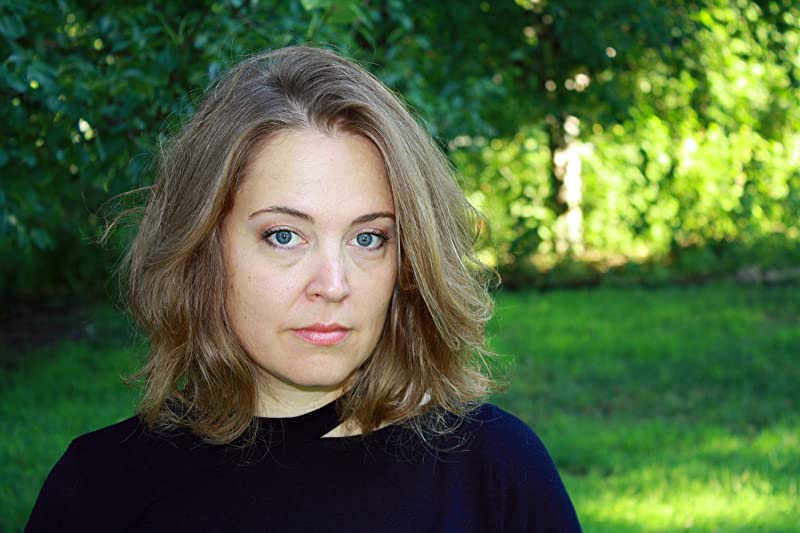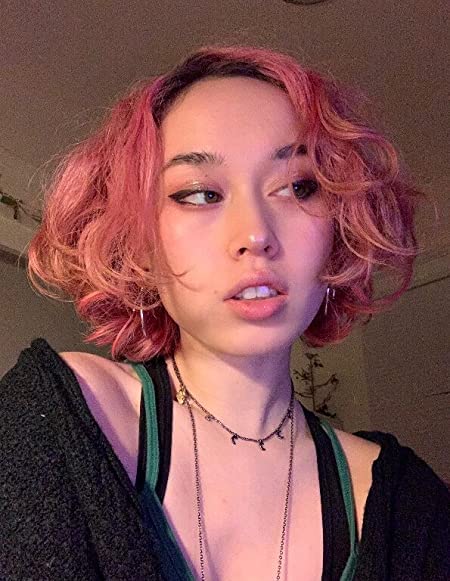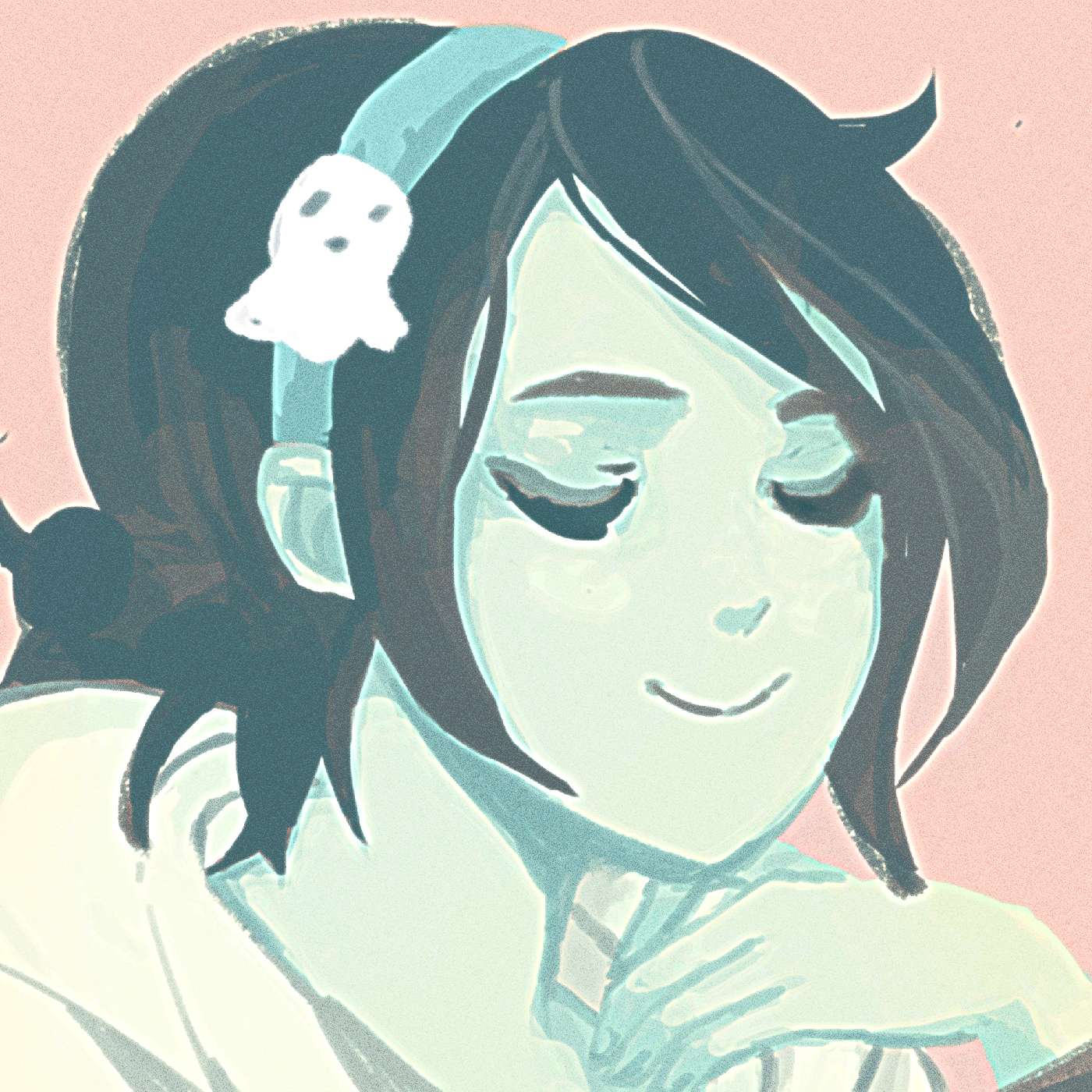
by Michele Kirichanskaya | Aug 12, 2022 | Blog
Tessa Gratton is genderfluid and hangry. She is the author of The Queens of Innis Lear and Lady Hotspur, as well as several YA series and short stories which have been translated into twenty-two languages. Her most recent YA novels are Strange Grace and Night Shine,...

by Michele Kirichanskaya | Jul 2, 2022 | Blog
Zoe Hana Mikuta currently attends the University of Washington in Seattle, studying English with a creative writing focus. She grew up in Boulder, Colorado, where she developed a deep love of Muay Thai kickboxing and nurtured a slow and steady infatuation for...

by Michele Kirichanskaya | Jun 27, 2022 | Blog
Keezy Young (they/she) is a queer comic artist and illustrator from the Pacific Northwest, currently in Seattle, WA. Today, Keezy writes, draws, and designs their own young adult comics. Their stories are cute, eerie, and often dark, but almost always hopeful at their...

by Michele Kirichanskaya | Jan 5, 2022 | Blog
Alechia Dow is a former librarian and pastry chef living abroad with her partner in Germany. When she’s not writing, you can find her having epic dance parties with her daughter, baking, reading or taking teeny adventures around Europe. I had the opportunity to...





